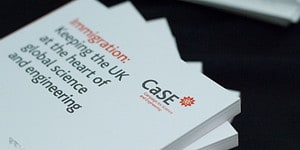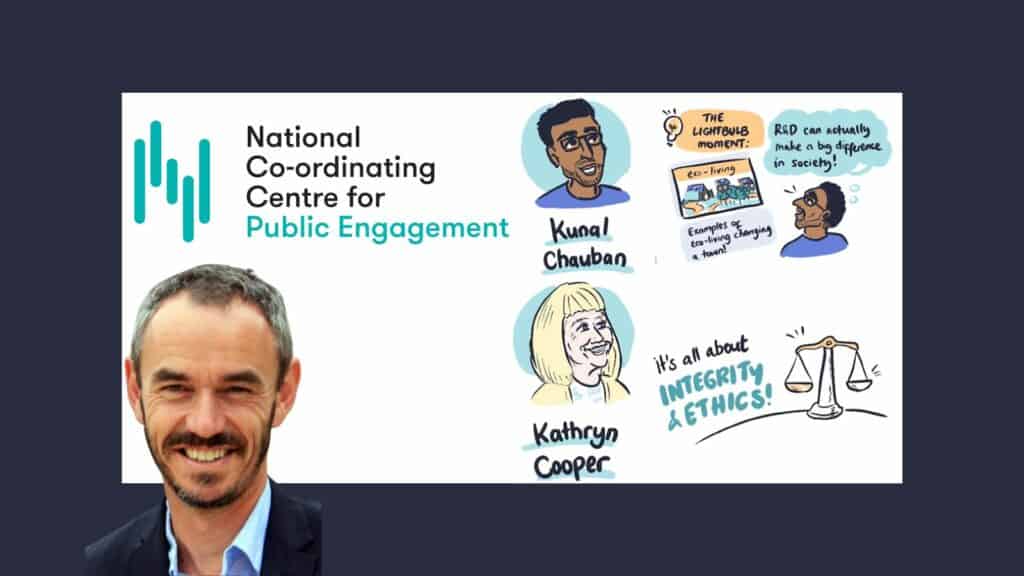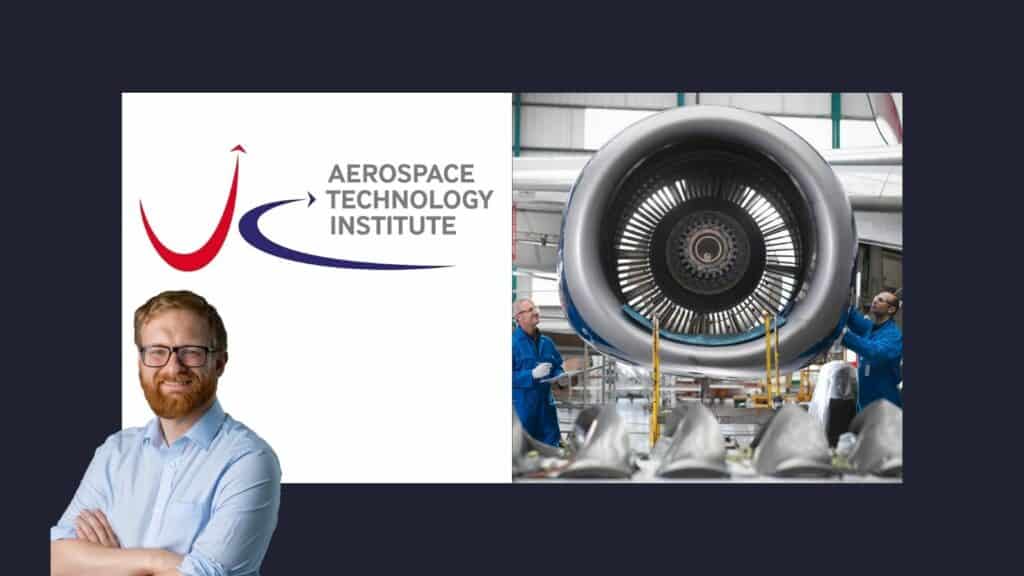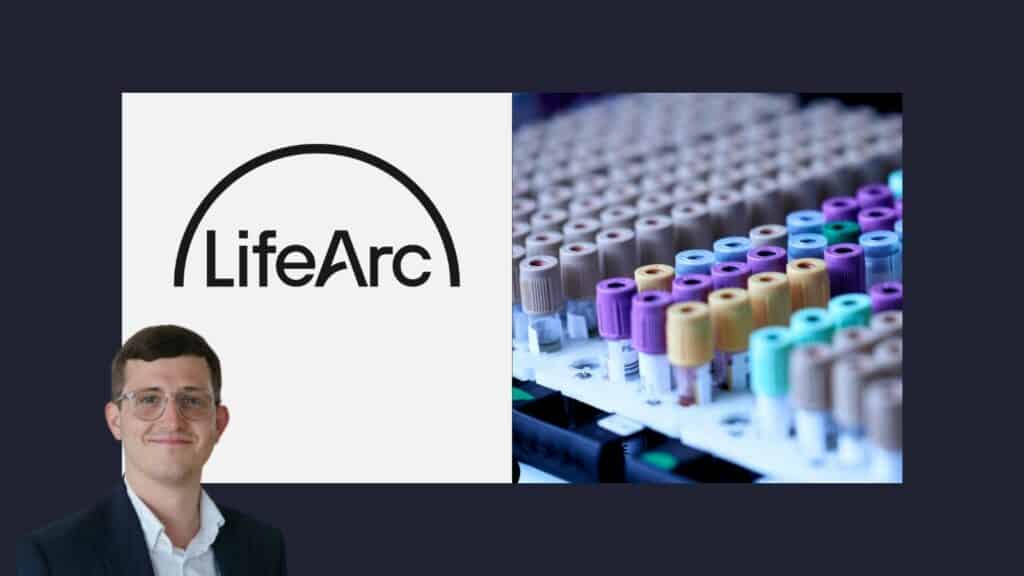New Board member Jane Hughes sets out her reasons for wanting to join the CaSE Board of Trustees and why the organisation is so important for the future of UK science and engineering.
Why does the world need CaSE?
06 Dec 2021
Jane Hughes was appointed to the CaSE Board of Directors at the 2021 AGM. Jane joined the Francis Crick Institute as Director of Communications and Public Engagement in 2018 after several years leading communications and engagement teams in health campaigning organisations. Before moving into communications, she worked as a BBC correspondent, covering health and medical research for a number of years.
What attracted you to CaSE and the board?
I’ve always thought that for a relatively small organisation, CaSE punches well above its weight. Over the last few years, since I started heading up communications for a research institute, I’ve been able to seen for myself just how effective CaSE can be in advocating for the R&D sector. It does a great job of identifying the key issues to focus on, and using the most effective means of bringing those to the attention of decision-makers.
The impact of Brexit on the R&D sector, and more recently, the likely impact of a tighter economy on science funding, has highlighted the importance of ensuring that science and engineering speaks with a powerful voice. I wanted to be part of that, and to bring my experience of effective campaigning to the organisation. I’m also hugely excited by the Discovery Decade project. Engaging the public with science has been a big focus of my work at the Francis Crick Institute, and this offers the opportunity to build upon that experience.
What do you think makes CaSE a strong advocate for the sector?
CaSE’s membership model means that it genuinely speaks for the sector. There’s something very powerful about an organisation made up of 800 individual and 100 organisational members representing the full R&D spectrum. It makes it hard for politicians and decision makers to argue with what it’s saying, because it speaks with the authority and experience of all its individual members.
CaSE picks its battles carefully, focusing on a small number of key issues, rather than spreading itself too thin. And it is targeted in its approach – identifying the right people to influence, and the best ways to approach influencing.
What do you hope to bring to the board and wider organisation?
I hope my experience of communicating science, campaigning for change, and engaging the public in science will all help CaSE to leverage its strengths as effectively as possible over the next few years. I spent many years as a journalist at the BBC, which has given me deep understanding of public audiences and of how to work with the media, as well as a network of media contacts. I hope that the fact that I’m not a scientist myself will also mean I can bring a different perspective to board discussions.
Is there anything you’d like to achieve while on the board?
In all the grim misery of the last 18 months, the unexpected silver lining has been the way people across the UK have embraced science, seen for themselves what an essential role it plays in everyone’s lives, and understood more about how it works. I’m hoping the Discovery Decade project will be able to capitalise on this upswing in support and understanding, and to see the project really take off and begin to have a genuine impact on opinions. I know from past experience that shifting public attitudes is not easy, but I believe by working with its members, CaSE has the chance to mobilise public support and through that deliver meaningful changes for the sector as a whole.
What do you see as the major challenges for science and engineering over the next decade?
It would be easy to see the upswing in public support for science dissipate over the coming months and years as the financial impact of the pandemic makes itself felt. Science and engineering will have to compete with many other sectors of the economy for investment and opportunities. We are at a pivotal moment, and must ensure that we make the most of that.

CaSE appoints new Trustees at the 2021 AGM
Read moreRelated articles

The People’s Vision for R&D was a public dialogue project CaSE commissioned to explore society’s stake in R&D. The project was run by the National Centre for Social Research and the National Coordinating Centre for Public Engagement. Here, NCCPE Co-director, Paul Manners, blogs about his experience of the project, and shares some personal lessons learned.

Dr Christoph Hartmann is Medical Director, MSD in the UK, a CaSE member. In this piece he sets out he would like to see form the new government to support UK life sciences and innovation.

Will Lord is Head of Government Relations at the Aerospace Technology Institute (ATI). In this piece, he sets out the strengths and successes of the UK aerospace sector, as well as the advantages of business-government collaboration.

Joseph Ewing is Head of Policy and Public Affairs at LifeArc, the sponsors of CaSE’s work looking at the needs of business R&D in the UK. In this piece he sets out why the project is needed, and why we should all care about business investment in R&D.